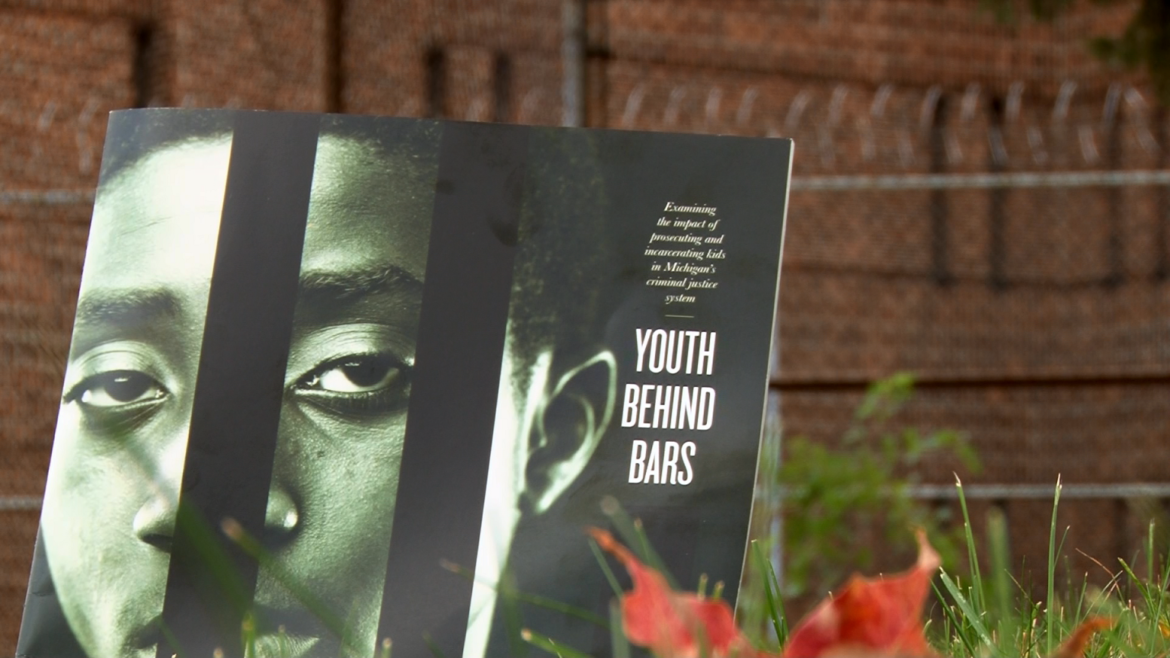In the last ten years, more than twenty-thousand youth have been convicted as adults in the state of Michigan. A package of 22 bills in the state house is looking to curb those numbers.
All it takes is a bad decision. Elisheva Johnson knows that all too well.
“I stole from my job to pay for the rent,” Johnson said. “I just stole enough to pay for my first month’s rent, but in that was the biggest mistake that I have to live with until now pretty much.”
At 17, struggling to get by as a single mom with a minimum wage job, Elisheva got caught up in the system.
“How they worked around it for me was I was about to turn 18 in a couple of months, and by the time all our proceedings were done, I was 18,” she said. “Yes, i got charged when I was 17, but they held off until i turned 18.”
Even though her case was prolonged, she still committed the crime as a minor.
Michigan is only one of 9 states that still automatically prosecutes 17-year-olds as adults in the court system. People like Elisheva are hoping that lawmakers can change that for others.
Representative Peter Lucido is the main sponsor on the bill to ‘raise the age.’
“The package of bills we put in was for juvenile justice as it relates to taking a 16-year-old and saying to a 16 and 17-year-old and saying there’s a difference between you two,” Lucido said. “At 16 your brain is still developing. At 17 you’re automatically charged as an adult in this state.”
He wants to see the bar move to 18 because he says people make mistakes in their last year of high school.
“We’re entitled to make mistakes when we’re young, but we should also be forgiving,” he said. “We should also be using what’s called rehabilitation in lieu of doing this: incarcerating.”
The package of bills are based on recommendations from a report from the Michigan Council on Crime and Delinquency (MCCD) called Youth Behind Bars.
“These bills are really just putting Michigan back in line with the rest of the country, that 17-year-olds are overwhelmingly, a majority of them are non-violent offenders,” said Kristen Staley, Associate Director of Youth Justice Policy at the MCCD.
Elisheva Johnson took a plea deal that included paying the state 26,000 dollars. Even though she never went to prison, she has certainly suffered.
“I don’t want to ever downplay what it’s like to be in prison because I don’t know, but what I do know is I’ve been in prison on the outside and that’s not easy,” Johnson said.
Johnson believes the criminal justice system needs to be fixed.
“There really needs to be systemic change and we need to stop incarcerating our kids,” Johnson said.
If the bills pass, prosecutors still have discretion to waive minors up for violent and heinous crimes.
